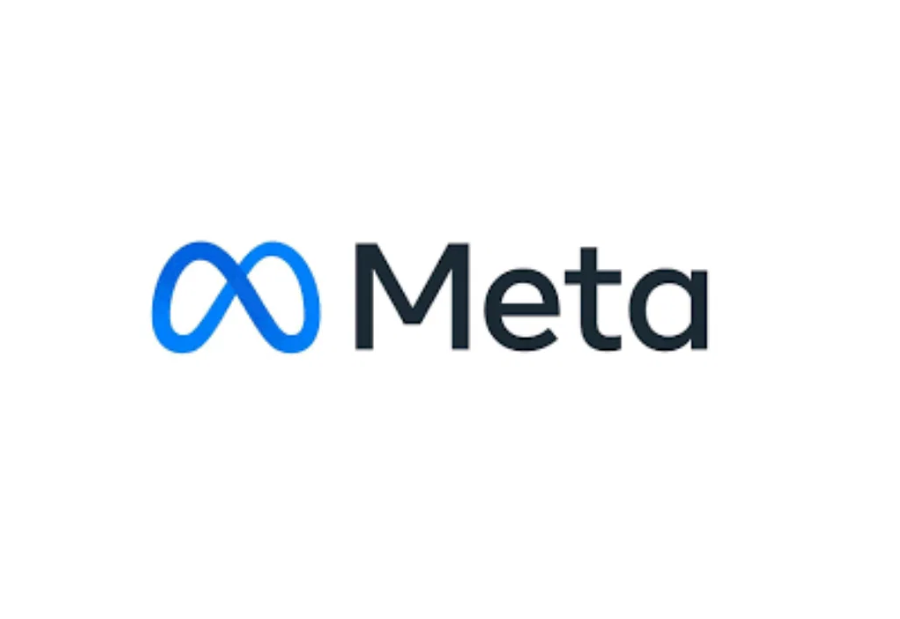Meta has released a new collection of AI models, Llama 4, in its Llama family — on a Saturday, no less.
There are four new models in total: Llama 4 Scout, Llama 4 Maverick, and Llama 4 Behemoth. All were trained on “large amounts of unlabeled text, image, and video data” to give them “broad visual understanding,” Meta says.
According to reports, the performance of open models from the Chinese AI lab DeepSeek, which outperform Meta’s former flagship Llama models, sped up Llama development. According to reports, Meta frantically tried to figure out how DeepSeek reduced the cost of implementing and operating models such as R1 and V3.
While Behemoth is still in training, Scout and Maverick are freely accessible on Llama.com and via Meta’s partners, such as the AI development platform Hugging Face. According to Meta, Llama 4 has been added to 40 countries for Meta AI, their AI-powered assistant that works with applications like Instagram, WhatsApp, and Messenger. For present, multimodal features are only available in English in the United States.
The Llama 4 license can cause problems for some developers.
The models cannot be used or distributed by users or businesses that are “domiciled” or have a “principal place of business” in the EU. This is probably due to governance restrictions set by the region’s AI and data protection legislation. (Meta has previously criticized these laws for being unduly onerous.) Additionally, similar to other Llama versions, businesses with over 700 million monthly active users are need to apply for a special license from Meta, which Meta may or may not approve.
“These Llama 4 models mark the beginning of a new era for the Llama ecosystem,” Meta wrote in a blog post. “This is just the beginning for the Llama 4 collection.”
According to Meta, the Llama 4 model cohort is the first to employ a mixture of experts (MoE) architecture, which is more computationally efficient for query responding and training. Data processing tasks are essentially divided into smaller, more specialized “expert” models by MoE designs.
For instance, Maverick has 400 billion parameters in total, but only 17 billion of those are active across 128 “experts.” (Parameters basically reflect how well a model solves problems.) Scout contains 109 billion parameters in total, including 17 billion active parameters and 16 experts.
Meta’s internal testing indicates that Maverick outperforms models like OpenAI’s GPT-4o and Google’s Gemini 2.0 on certain coding, reasoning, multilingual, long-context, and picture benchmarks. The firm claims that Maverick is ideal for “general assistant and chat” use cases including creative writing. Maverick, however, falls short of more powerful newer models like as OpenAI’s GPT-4.5, Anthropic’s Claude 3.7 Sonnet, and Google’s Gemini 2.5 Pro.
Tasks like document summarizing and reasoning across vast codebases are where Scout excels. It is unique in that it has a context window of 10 million tokens. (“Tokens” are fragments of unprocessed text; for example, the word “fantastic” is divided into “fan,” “tas,” and “tic.” Scout can analyze and deal with very long documents since it can handle photos and up to millions of words in plain English.
According to Meta’s estimations, Maverick needs an Nvidia H100 DGX system or something similar, whereas Scout can operate on a single Nvidia H100 GPU.
Even more robust hardware will be required for Meta’s unannounced Behemoth. The business claims that Behemoth has 16 specialists, 288 billion active parameters, and over two trillion parameters in total. Behemoth outperforms GPT-4.5, Claude 3.7 Sonnet, and Gemini 2.0 Pro (but not 2.5 Pro) on a number of assessments that gauge STEM abilities like math problem solving, according to Meta’s internal benchmarking.
Notably, none of the Llama 4 models are true “reasoning” models like the o1 and o3-mini from OpenAI. Reasoning models take longer to provide answers than conventional, “non-reasoning” models, but they also fact-check their responses and are typically more reliable.
It’s interesting to note that Meta claims to have adjusted all of its Llama 4 models to reject “contentious” queries less frequently. The business claims that Llama 4 addresses “debated” social and political issues that the previous generation of Llama models would not. Furthermore, according to the business, Llama 4 is “dramatically more balanced,” which makes it completely unentertaining.
“[Y]ou can count on [Lllama 4] to provide helpful, factual responses without judgment,” a Meta spokesperson told TechCrunch. “[W]e’re continuing to make Llama more responsive so that it answers more questions, can respond to a variety of different viewpoints […] and doesn’t favor some views over others.”
These changes follow accusations from White House loyalists that AI chatbots are too politically “woke.”
Numerous close associates of President Donald Trump, such as entrepreneur Elon Musk and David Sacks, the “czar” of cryptocurrency and artificial intelligence, have claimed that well-known AI chatbots filter conservative viewpoints. OpenAI’s ChatGPT has long been criticized by Sacks for being “programmed to be woke” and dishonest about political topics.
Bias in AI is actually an unsolvable technological issue. Musk’s AI startup, xAI, has had difficulty developing a chatbot that doesn’t favor some political viewpoints over others.
This hasn’t stopped businesses like OpenAI from adapting their AI models to respond to more queries than they would have in the past, especially those that deal with contentious issues.
Also read: Viksit Workforce for a Viksit Bharat
Do Follow: The Mainstream formerly known as CIO News LinkedIn Account | The Mainstream formerly known as CIO News Facebook | The Mainstream formerly known as CIO News Youtube | The Mainstream formerly known as CIO News Twitter |The Mainstream formerly known as CIO News Whatsapp Channel | The Mainstream formerly known as CIO News Instagram
About us:
The Mainstream formerly known as CIO News is a premier platform dedicated to delivering latest news, updates, and insights from the tech industry. With its strong foundation of intellectual property and thought leadership, the platform is well-positioned to stay ahead of the curve and lead conversations about how technology shapes our world. From its early days as CIO News to its rebranding as The Mainstream on November 28, 2024, it has been expanding its global reach, targeting key markets in the Middle East & Africa, ASEAN, the USA, and the UK. The Mainstream is a vision to put technology at the center of every conversation, inspiring professionals and organizations to embrace the future of tech.




